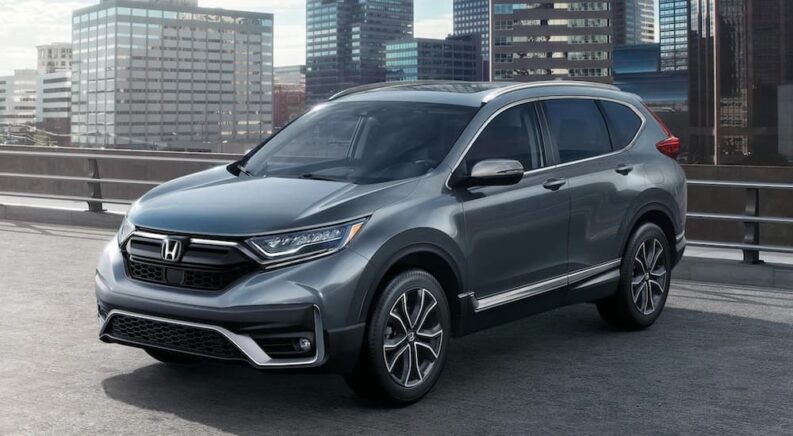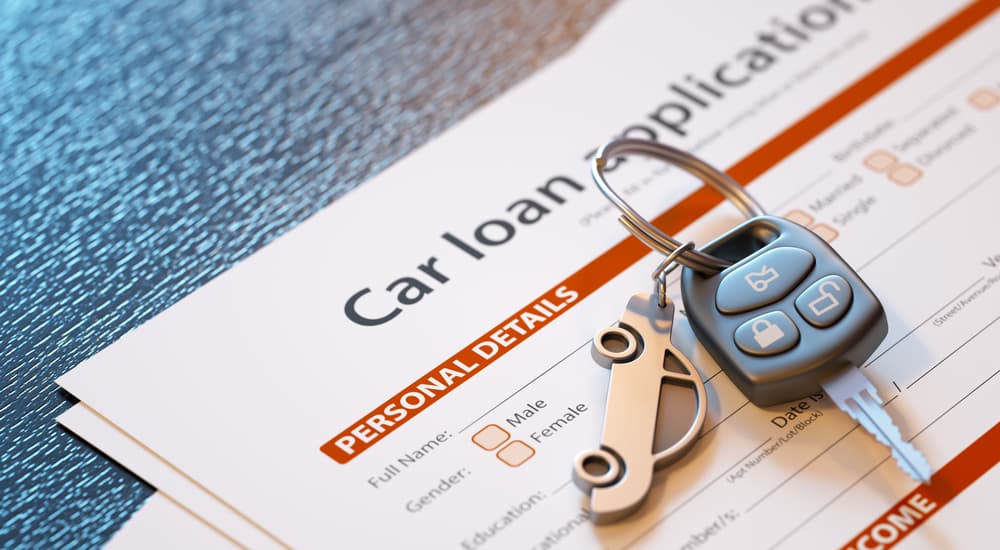The consensus among many consumers is that shopping for a vehicle is an arduous task that takes a considerable amount of time and effort. Because of the lower cost up front and the chance to pay lower insurance premiums, many have taken to making their vehicle purchases at a local used car dealer. A used vehicle can provide quite a few advantages, and when properly maintained, it certainly has the capability to go the extra mile for you. But before you take that test drive, you should know a few things about the used car shopping process—essential for having a positive experience—which is what we’ll be exploring today.
Think About What Type of Vehicle You Might Want
The first aspect of purchasing a used vehicle is getting a firm idea of what will suit you best. It should also be noted that there’s a gulf of difference between what you might want and what you need. For example, you might want a vehicle that’s highly adept at performance, to get a kick in your commute that appeals to your sense of adventure; although it might be a dream of yours to purchase a Corvette and cruise the highways at full throttle, it might not be a practical choice. You need to prioritize your immediate needs—those that necessitate transportation in the first place.
If you have a family with children that partake in extracurricular activities, you might want to consider an SUV. Do you have a long commute between home and the office? Taking a close look at an EV or hybrid might be your best bet for saving on fuel costs. Perhaps you need something to handle your work duties and partake in some trailering and towing. In that case, a pickup truck will be an excellent option for you. Balancing what you need and what you want is very important, but doing so will enrich your quality of life.
Research the Dealership
The next time you’re out and about, pay attention to how many dealerships you pass by. Every city is bound to have quite a few, maybe even several. So, how do you know which one is ideal for you? Well, the good news is that living in the modern age has significant technological advantages, like having research resources at your command. In today’s world of online reviews and other groups that monitor business practices for the benefit of consumers, you can gauge the buying experience that others have had. Even accessing apps such as Yelp can allow you to see which dealerships are recommended and which ones are advised to stay away from. Once you’ve found a dealership with a good track record, you can investigate and see for yourself if they’re a worthwhile location.
The Demeanor of the Sales Team
Believe it or not, you can tell a great deal about the dealership you visit by the actions and demeanor of the sales team you interact with. It’s important to remember a few things. While it is the occupation of the sales team to sell you a vehicle, they’re also providing you with a service; it’s their job to listen to your needs and expectations and make suggestions and offerings that benefit YOU, not them. Here are a few things to keep in mind during your interaction:
- Are they paying attention to what you need a vehicle for?
- Are they being pushy about wanting you to spend more money than you’re comfortable with?
- Are they attentive to listening to your concerns and questions?
- Are they knowledgeable about the vehicles they sell and able to address any worries you might have about safety features and reliability?
Transparency & Vehicle History
No matter what a salesman’s demeanor might be, it’s important that all dealerships must practice complete transparency with every vehicle they’re attempting to sell; this means providing you with a complete and detailed history of the vehicle. It’s important to remember that you have rights as a consumer. You have the right to know the complete history of any major purchase you’re considering making, including the number of previous owners and any work that’s been done to it in the past.
Ask the dealership for this in the form of a CARFAX vehicle report, which will detail any accidents or major repairs that occurred when the vehicle was in the hands of its previous owners. If the vehicle was in an accident, look to see what the damages were and what repairs were performed. Many dealerships require proof of repair history when they purchase a used vehicle, and this is one more way they should practice transparency with their inventory.
Other Services the Dealership Offers
Many dealerships are all-inclusive locations that offer much more than vehicles to sell. During your visit, inquire about the other services they might have to offer. A major part of owning a vehicle is ensuring it gets its routine service at regular intervals—so does your dealership have a service station? Are their mechanics ASC certified and knowledgeable about the vehicles that they sell? Many dealerships offer complimentary maintenance for the first visit; ask them what they offer and what their team can perform. If you think you might need financing to secure your purchase, too, ask them if they have a financing department and what third-party institutions they do business with. A good financing department will work with you and your budget to devise a purchasing plan or lease agreement that is both reasonable and feasible.
Closing the Deal
When you feel like you’ve centered on a vehicle that’s suited for you, it’s time to seal the deal and secure your new method of transportation. This is where doing your research will come into play. All vehicles—regardless of their make and model—go through a process of depreciation, and many sources can inform you of your vehicle’s current market value, the most popular of these being Kelley Blue Book. Getting a firm idea of what any vehicle is worth will assure you that you’re paying a fair price.
One of the last things you should discuss with the dealership is if they offer any comprehensive warranty packages with their used vehicles. While these almost always come with new vehicles, many CPO (Certified Pre-Owned) vehicles also have manufacturer-backed warranties. The dealership you’re purchasing from might offer warranties of their own design that will cover your purchase for a pre-determined amount of time. Whether or not you opt for additional warranty coverage is your choice, but it’s a great way to have some additional peace of mind when you’re traveling on the road.
A Better Shopping Experience
No matter what dealership you decide to visit or what vehicle you decide to purchase, having a shopping experience that’s fulfilling and reassuring is of the utmost importance. Used vehicles can provide you with transportation at a lower cost and a quality you’re entitled to. It’s important to remember that the selection and purchasing process is not a race, nor are you expected to settle for something of less than average quality. Take your time, ask important questions, and make sure that the dealership you’re visiting is one that you can put your trust in.






